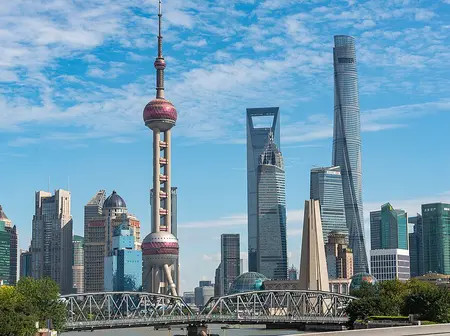Kenya, and Africa more broadly, are witnessing the rise of a new phenomenon; editorial ventriloquism masked as pan-African analysis. Well-placed voices — once seen as truth-tellers — have come under scrutiny for pushing narratives that look increasingly synchronised with foreign State interests.
By far the most active and aggressive international public relations and media marketing campaign is undeniably emanating from China. Over the past decade, Beijing’s soft-power playbook has evolved from billboards and bridges to bylines and blogs.
Are these initiatives illegal? Not at all. Are they unethical? That depends. But are they part of a broader strategy to control the narrative in African media spaces? Absolutely. This is not just media literacy. It is media geopolitics. The question is; where, then, does that leave truth? And whose truth?
Freedom House, a watchdog grounded in liberal democratic ideals, has reported coordinated media grooming efforts by Chinese entities across Africa, including training. In addition, Confucius Institutes and Chinese media bureaus now operate in more than 15 African countries, often supplying content to under-resourced newsrooms.
Now, analysts are raising questions about an increase in near identical pro-China opinion articles in various media outlets, pointing to strategic content synchronisation.
Forensic linguistic experts could have a field day analysing the similarity between statements issued from Beijing, articles penned by Chinese diplomats, and articles published in various African newspapers ostensibly by communication consultants whose numbers have risen over the last three years.
China’s growing footprint in African media and education reflects a long-game approach to influence, not just development.
Today’s Africa is not just a market for goods; it is also a market for ideas with competing narratives about democracy, development, sovereignty, and modernisation.
The Chinese model of development — consistent and infrastructure-heavy — is being promoted by analysts in glowing columns in leading newspapers across Africa. Many of these pieces echo each other in phrasing, structure, even sentiment.
Consider the language: “shared destiny,” “non-hegemonic partnership,” “mutual respect”, terms found repeatedly across op-eds by different writers, in different outlets, sometimes only a few days apart, or even published on the same day. If that seems coordinated, is it not because it is?
And if geopolitical narratives are being written on behalf of African audiences, in African voices, whose agency is it really? The danger is not just in the origin of these narratives, but in their internalisation. But when opinion shapers become publicists and analysts become proxies, who is left to hold power accountable?
True, not every columnist is compromised. Not every opinion is purchased, and not every partnership is propaganda. However, let us appreciate that journalists operate in a precarious ecosystem — underpaid, overworked, and under threat.
Freelancers, in particular, navigate a media landscape shaped by political pressure and corporate capture. In such conditions, a research fellowship, or even an overseas degree can feel less like a compromise and more like validation.
This critique is not necessarily of the pen, but of the power behind the paycheck. That is why it is important to distinguish between “supporting storytelling” and “subsidising spin”, between enabling independence and purchasing alignment. In the end, the question is not whether foreign narratives have a place in our media. It is whether audiences can recognise their own voice beneath them.
– By Waweru Njoroge
The writer is a presenter with Panel 54, a Pan-Africa podcast.

Leave a Reply